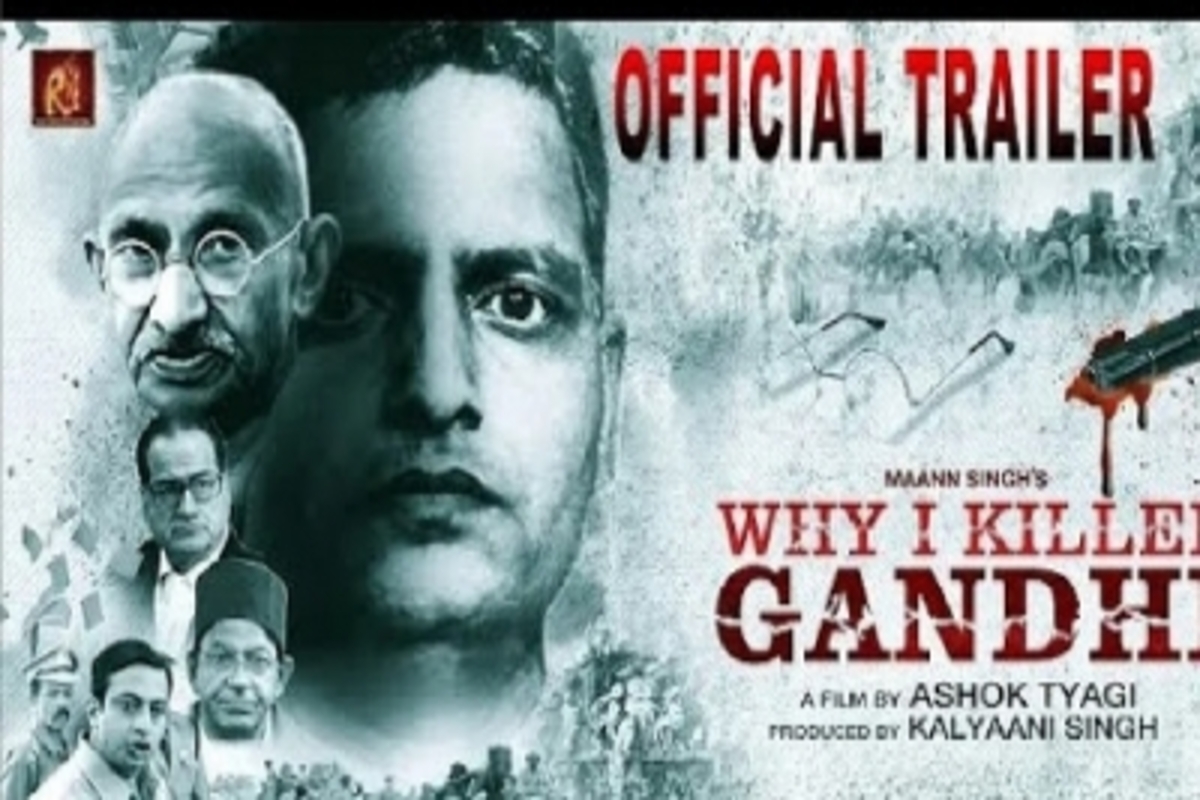Vikramaditya Motwane’s two cents on how OTT is redefining filmmaking
Vikramaditya Motwane explores how OTT platforms have transformed his filmmaking approach at the 55th IFFI in Goa. Details inside.
“There is no fundamental right of the petitioner which appears to have been violated. Thus this plea cannot be entertained”

(Photo : IANS)
Observing that a writ petition under Article 32 may only be filed when a fundamental right has been violated, a bench of Justices Indira Banerjee and JK Maheshwari granted liberty to the petitioner to approach the High Court. “There is no fundamental right of the petitioner which appears to have been violated. Thus this plea cannot be entertained. However, it appears that the petitioner is a citizen may have a serious cause of concern here. Petitioner is at liberty to approach the High court under Article 226,” the court said.
Sikandar Behl, through attorney Anuj Bhandari, sought removal of all contents of the controversial film from all online platforms as well as a ban on its exhibition or publication in any manner whatsoever on any OTT platform or social media. This will irreparably tarnish the image of the Father of the Nation and be a source of public unrest, hatred, and disharmony if the release and screening of the film is not stopped, the plea reads.
Advertisement
Two minutes and 20 seconds of the trailer attempt to blame Mahatma Gandhi for the partition of India and atrocities against Hindus in Pakistan, thus justifying Mahatma’s death.
An OTT film set to be released on January 30, on the anniversary of Mahatma Gandhi’s assassination, has ignited a massive controversy.
It is notable that Amol Kolhe, MP for the Nationalist Congress Party (NCP), plays Godse in the film, which also caused friction among Shiv Sena, NCP, and Congress allies of Maharashtra’s ruling Maha Vikas Aghadi.
Advertisement